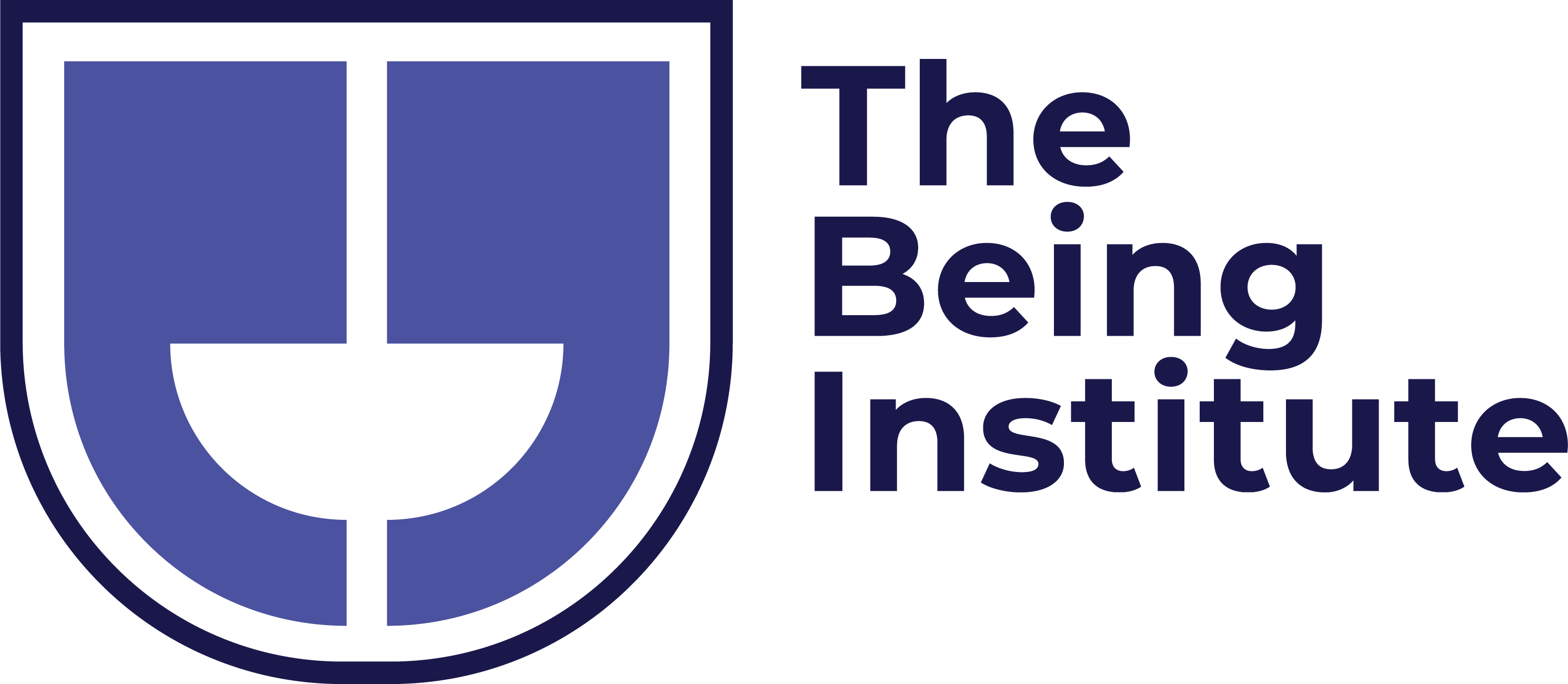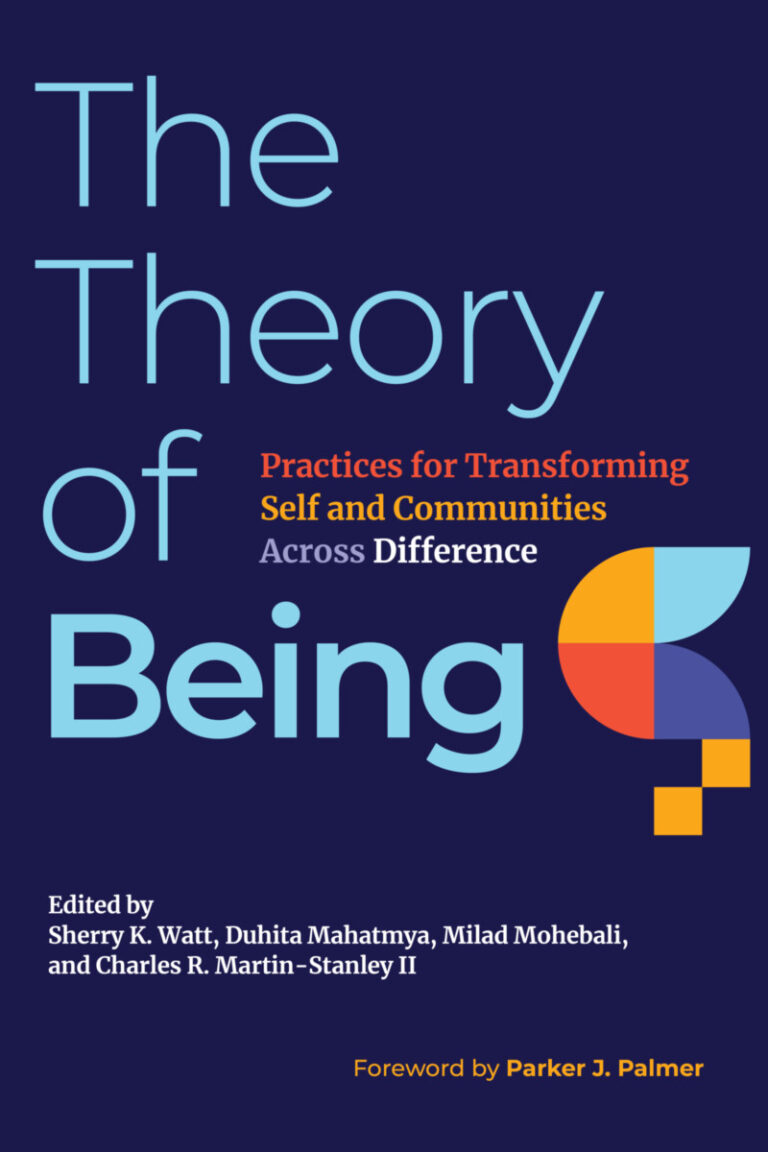

Dr. Watt has been at the University of Iowa since 2000 and previously she worked as an assistant professor in Student Affairs Administration at Radford University.
Before becoming a faculty member, Sherry worked as a residence life director and a career counselor at the University of North Carolina at Greensboro, North Carolina State University, and Shaw University. She earned a bachelor’s degree in Communication Studies from the University of North Carolina at Greensboro and master’s and doctoral degrees in Counselor Education, with an emphasis in student affairs, from North Carolina State University.
Who We Are
The Multicultural Initiatives Research Team (MCI-RTI), led by Sherry Watt, researches ways of being in relationships, constructs, and strategies that disrupt dehumanizing practices that perpetuate inequity. The MCI-RTI focuses on process-oriented approaches that place a particular focus on ”how” we engage in the community around complex social problems (such as racism) rather than solely on ”what” we do or by simply naming outcomes.
The team is comprised of an interdisciplinary group of students (undergraduates and graduate students), faculty, research associates, postdoctoral fellows, and alumni. Our research approaches knowledge generation through humanistic frames and employs “third thinging” as an epistemology/methodology that allows us to incorporate various modes of data collection and analysis (critical, qualitative, quantitative) in exploring racism and anti-racism.
Placeholder
Placeholder
Placeholder
The Theory of Being: Practices for Transforming Self and Communities Across Difference
The Theory of Being includes personal, relational, and community practices that support individuals and communities to better work through the difficult dialogues necessary to transform systems of structural inequity. It describes and offers applications of Being to help the reader understand and apply principles and practices that invite openness to controversy through facilitating deep reflection and shifting the focus of conflict from individuals to centering the issue of contention as a Third Thing about which participants can more safely express experiences and emotions.
Via cases and narratives, the editors and contributors demonstrate how, through productively situating feelings of vulnerability and anger, individuals, organizations, and communities can work together to continuously evolve responsive, inclusive, and equitable practices that value social and cultural differences.
This book focuses on strategies for the “how” we interact, demonstrating an orientation to process rather than prioritizing outcomes. A process-orientation can increase the quality of interaction between individuals, and the likelihood of traversing problems associated with controversial social difference in ways that result in sustainable strategies to disrupt systems of oppression. A range of applications exemplify this approach throughout the text.
The primary audience is higher education leaders and leaders-in-training including student affairs professional staff, campus administrators, higher education and student affairs faculty, and undergraduate and graduate students. However, the approach has broad implications for any persons who want to productively engage across Difference in their personal and/or professional lives.



